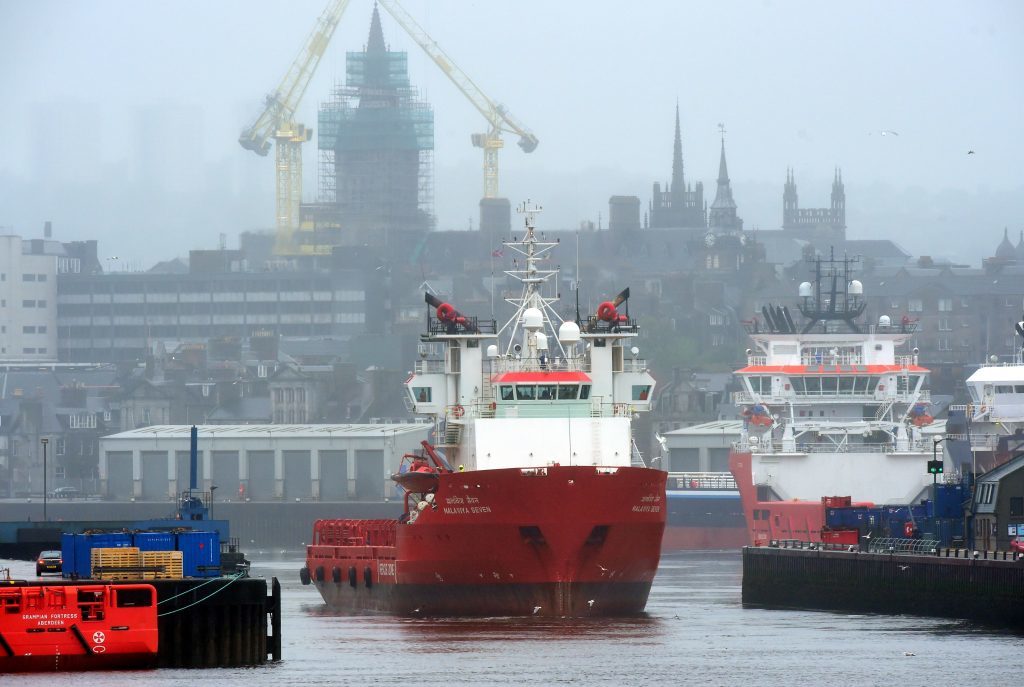
With oil prices continuing to hover below $50 a barrel, the release today of Oil & Gas UK’s 2016 Economic Report, has served to remind us of the significant challenges currently facing the UK North Sea.
Whilst not unexpected, the confirmation that 2016 will be the basin’s fourth consecutive year of free cash-flow deficit, underlines the major financing issues facing many companies.
Prices are unlikely to bounce back to $100 in the short-term, and with supply and demand dynamics unchanged, the report provides affirmation of what industry knows: times are hard and will continue to be so.
That said, the upstream industry is now better placed to address the task ahead in the UK Continental Shelf (UKCS) through the cost reductions and efficiencies that have been achieved to date. This is work in progress for the operator and oilfield services communities, and unfortunately the fallout from this process continues in terms of job losses and corporate failures.
Decommissioning activity continues to accelerate, both in terms of number of fields and expenditures. This trend will only continue, with this becoming an increasingly important activity across the basin.
All stakeholders in the basin are currently looking at the decommissioning challenge and grappling with the best approach. There are likely to be significant economies of scale available once decommissioning activities reach a suitable size, particularly in the context of hub-based activity. Those organisations that are able to move quickly around organisation and structure will be able to obtain these benefits first, which may provide a significant competitive advantage in the longer term.
Progress on addressing key technology challenges in the basin is also being made, giving some cause for optimism in relation to the maximising economic recovery agenda.
The Oil & Gas Authority has published its technology strategy and the new Oil & Gas Technology Centre (OGTC) has moved from concept to mobilisation this year, pending final confirmation of its anticipated £180million of funding from Westminster and Holyrood via the Aberdeen City Region Deal.The latter – based on a model successfully deployed in other major industries – has the potential to transform the UK industry’s technology landscape to improve exploration, production and decommissioning outcomes in the basin, support the supply chain in delivering exportable technology and to establish Aberdeen as a global centre for mature basin innovation.
The priorities have been set by industry but what has been lacking is a mechanism for delivering the technology solutions. Hopefully the OGTC – bringing together operators, the supply chain, the regulator and the R&D capabilities of UK plc – will make the critical difference.
Locally, the OGTC will also have an important part to play in the hoped for transition of Aberdeen from a global operations centre to a technology hub, which in turn will anchor the supply chain and its high value jobs in and around the city for the long term.
Mark Andrews, is UK head of Oil & Gas, and Alan Kennedy, is UK head of Oilfield Services, KPMG
Recommended for you
